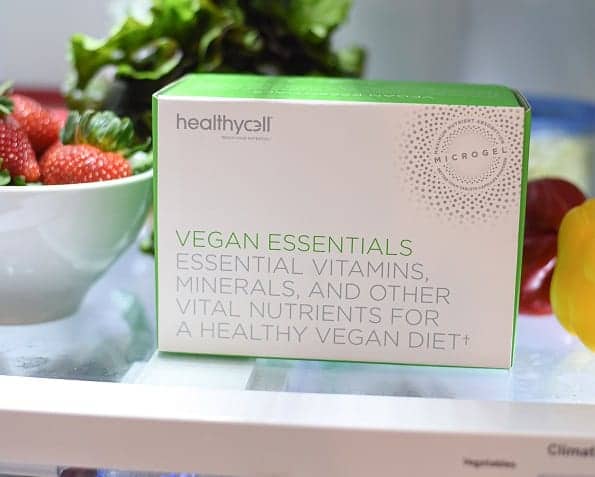With another successful Veganuary coming to a close, figures suggest a record number of people will be sticking with a plant-based diet on a long-term basis. With that in mind, scientists in the UK have developed a new solution for efficient B12 production, while also launching a campaign to warn of the dangers of B12 deficiency for those new to plant-based.
“The UK is suffering a serious vitamin B12 shortage”
Scientists at the Quadram Institute at Norwich Research Park and Durham University have developed a ‘metalation calculator’ which could make the mass bioproduction of B12 both more affordable and sustainable for future vegan food and supplements. Industrial biotechnologists can use this tech to optimize their manufacturing of B12 – the essential micronutrient which plays multiple roles in the body.

Vitamin B12 is produced by bacteria, not animals or plants. Due to myriad factors – from soil degradation to animal agriculture and pesticides – naturally occurring B12 is lacking in the food chain and in the diets of the population at large. Animals killed for food are often supplemented with vitamin B12 in their feed, while people on a plant-based diet are at higher risk of deficiency.
B12 supplements
Although B12 does exist in some plant foods, like some mushrooms or seaweed, it is recommended to opt for fortified foods and supplements. Culturing bacteria that naturally produce B12 is an inefficient and costly process at present, which is why the Quadram Institute researcher’s breakthrough could provide important benefits for future B12 synthesis.
The key issue is the use of cobalt in the process, the essential metal which can adversely affect enzymes in the bioproduction. With the new development, cobalt can be optimized in a far more efficient manner.

“The UK is suffering a serious vitamin B12 shortage, so it is important that the nutrient is made more available in an affordable manner. Our studies are not only investigating how B12 synthesis can be improved but at the same time they are looking at how we can reduce the levels of cobalt that are used in the process, since cobalt by itself is toxic,” explained Prof Martin Warren from the Quadram Institute.
“Understanding more about cobalt delivery not only helps improve the biosynthetic process but it also means that the cobalt is used more efficiently, reducing the environmental pollution,” added Warren.





